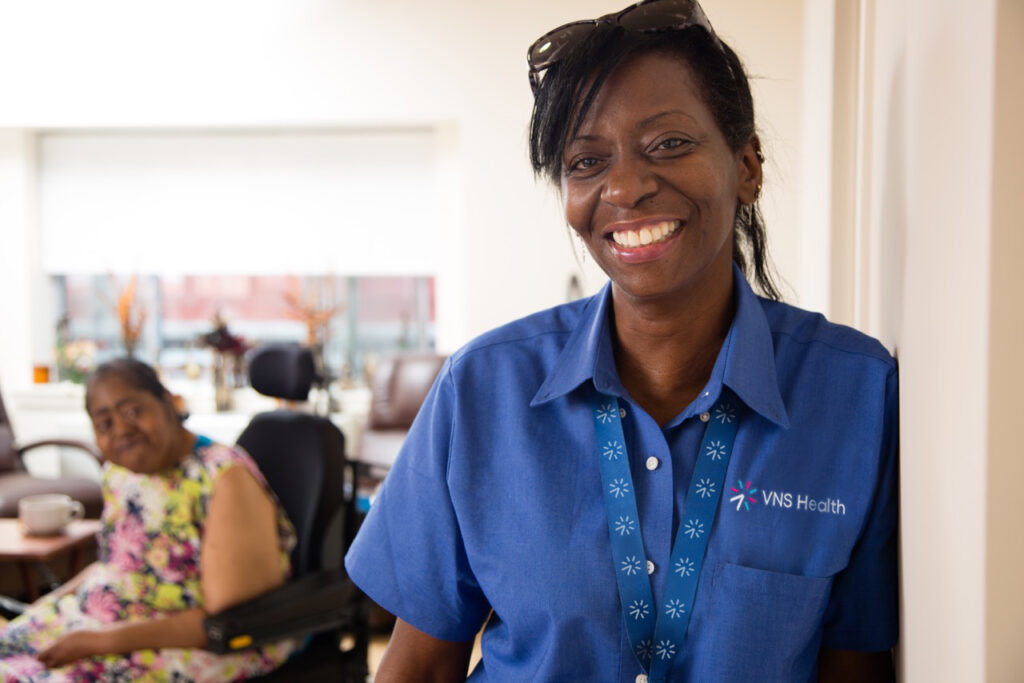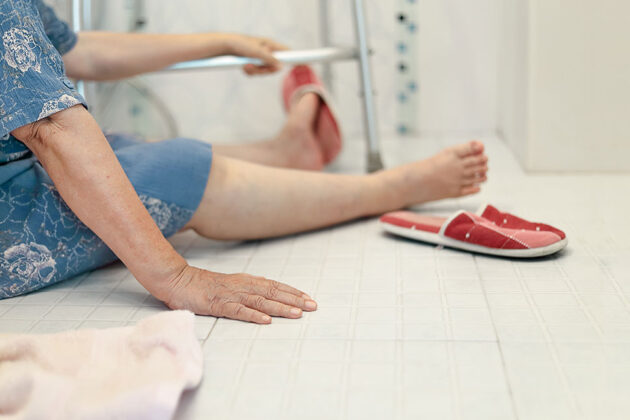
Professional home care can help people age or heal comfortably in their own homes and can be a helpful addition to a caregiving team. But if you or your loved one is LGBTQ+, you may be wary of letting someone new into your home. Or you may be wondering how to choose the right home care agency.
If your provider recommends home care to help you recover, you may feel nervous. Maybe you’ve had negative experiences with health care in the past. Maybe you’ve never had home care before and don’t know what to expect. Perhaps you’re realizing that you need help to age at home, but fear of discrimination is making you hesitate to talk to your doctor about home care. These feelings can stop many LGBTQ+ individuals from benefiting from home care.
Here’s what you need to know about finding LGBTQ+ friendly home care.
Getting Comfortable with the Idea of Home Care
Professional home care can help you recover after surgery or illness. When a medical provider has said that you’ll need home care, find out what type of care you need, who will be coming into your home, and what they will be doing.
Home care can also help you age safely at home. Maybe you’ve realized that you need support with everyday activities, but you don’t know what your options are. Knowing that specially trained home health aides can help with tasks like cooking meals and getting to and from appointments can make you feel more confident. And knowing that some home care agencies require that clinicians and aides receive training to provide respectful care to LGBTQ+ people can be reassuring too.
Getting the right care is important, especially when you or your loved identify as part of the LGBTQ+ community. We offer culturally sensitive support services and programs that can help you get the care you need.
Talk to People Who Have Received Home Care
If you don’t know anyone who has had professional home care before, you might not know what to expect. But learning about what it entails can help you feel less nervous about it. If you take some time to do a little research, you may find the thought of home care less overwhelming.
Try to talk to someone who has had a professional caregiver. Ask your provider to help you understand the services you may need and how they would fit into your overall care or treatment plan. You can even call a home care agency like VNS Health just to learn more about navigating the caregiving process.
Remember That Your Home Care Choice Doesn’t Have to Be Permanent
If you’re hesitant about meeting a new caregiver, there’s nothing wrong with that. But if you are willing to give it a chance, keep in mind that no home care decision has to be permanent. You want your caregiver and your caregiving agency to be a good fit — and it’s not your fault if they aren’t.
Finding LGBTQ+ Friendly Home Care
You may think of your home as a safe space where you can rest, relax, and be your authentic self. Bringing in a professional caregiver shouldn’t make you worry that your home will no longer be feel safe. No one wants to hide who they are just to receive respectful care. LGBTQ+ friendly home care meets your care needs and honors your true identity. Here are a few questions you can ask your doctor or a home care agency to help you find and choose an agency that’s a good fit for you.
People often need to find home care quickly. But spending even just 10 minutes on an agency’s website can tell you important information about their values and approach to care.
Check to see if the agency has any programs specific to the LGBTQ+ community. This might include LGBTQ+ home care, hospice care, outreach programs, or even gender affirmation surgery recovery. Although an agency may provide affirming care even if they don’t say they do, it is reassuring when agencies do put those commitments and programs front and center.
Another factor that can impact how you choose an agency is the kind of training they provide to their caregivers or any certifications/awards they may have. Although there is no one national standard for LGBTQ+ friendly caregiving, you can ask about or look for website mentions of SAGECare LGBTQ+ cultural competency training or other anti-bias training for caregivers.
Word of mouth can be a great tool when choosing an agency. Talk to people who have received care, or check out reviews online. Members of your local community may be able to tell you about their positive experiences with a specific agency and put your mind at ease when it comes to potential concerns.
Choosing a Home Care Agency
It’s all right to have some nerves when you start home care, especially as a member of the LGBTQ+ community. If you are seeking care for an aging LGBTQ+ loved one, you may feel like you have to protect them from negative home care experiences. And if you are a member of the LGBTQ+ community yourself, you may have been burned in the past and may thus distrust the health care system.
These feelings aren’t uncommon, but knowing what to look for in a home care agency can help you feel more comfortable and confident in your home care choice.



